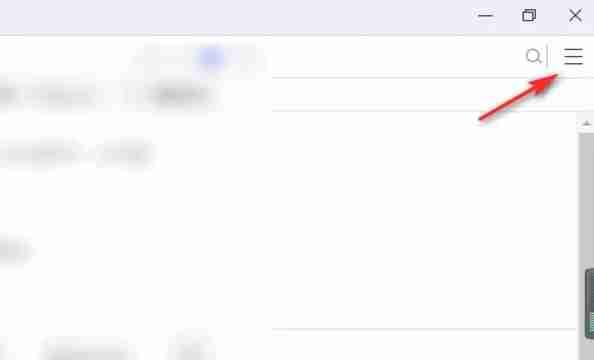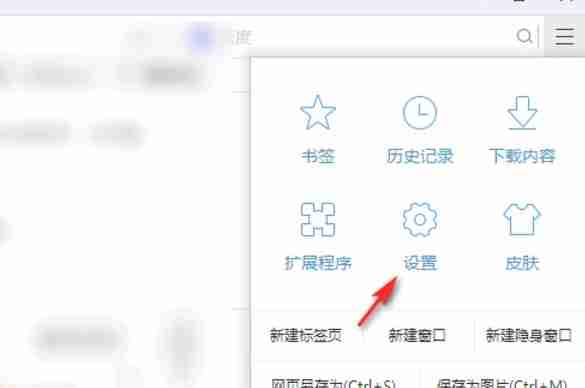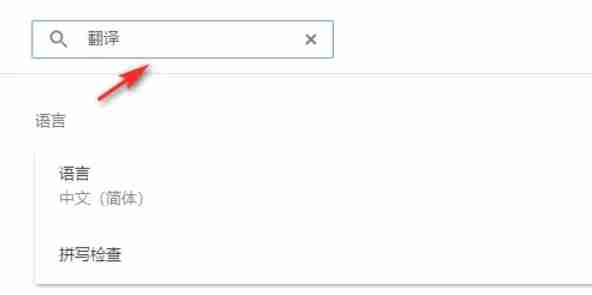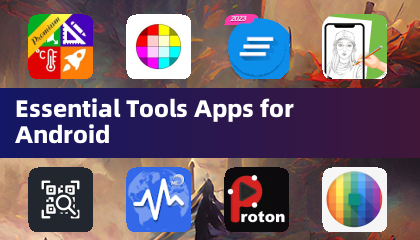Unlocking the Power of Google Chrome's Translation Feature: A Comprehensive Guide
This guide provides a step-by-step walkthrough on how to effortlessly translate web pages using Google Chrome's built-in translation tools. Mastering these techniques will eliminate language barriers and empower you to efficiently browse multilingual websites.
Step 1: Accessing the Settings Menu
Locate and click the More Tools menu (usually represented by three vertical dots or three horizontal lines) in the upper right-hand corner of your Google Chrome browser.

Step 2: Navigating to Settings
In the dropdown menu, select the "Settings" option. This will open your browser's settings page.

Step 3: Locating Translation Settings
At the top of the settings page, you'll find a search bar. Enter "Translate" or "Languages" to quickly find the relevant settings.

Step 4: Accessing Language Settings
Once the search results appear, click on the "Languages" or "Translation" option.
Step 5: Managing Languages
In the language settings, you'll see a dropdown menu listing the languages supported by your browser. Here you can add, remove, or rearrange languages.

Step 6: Enabling Automatic Translation
Crucially, ensure the option to "Offer to translate pages that aren't in a language you read" is enabled. This will prompt Google Chrome to automatically offer translation when you visit a webpage in a language other than your browser's default. This feature significantly streamlines the translation process.
By following these steps, you'll be able to leverage Google Chrome's powerful translation capabilities for a seamless multilingual browsing experience.




















